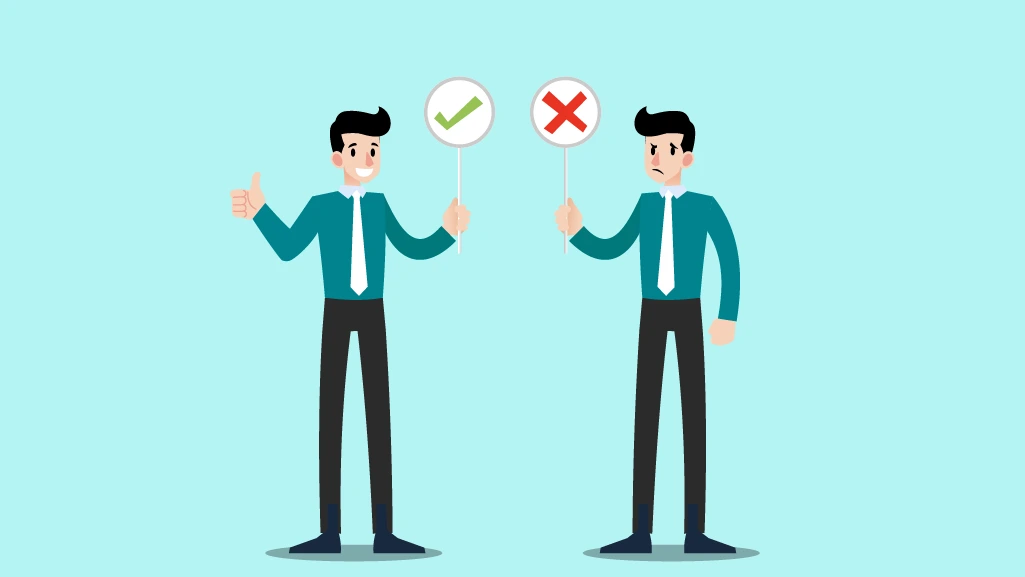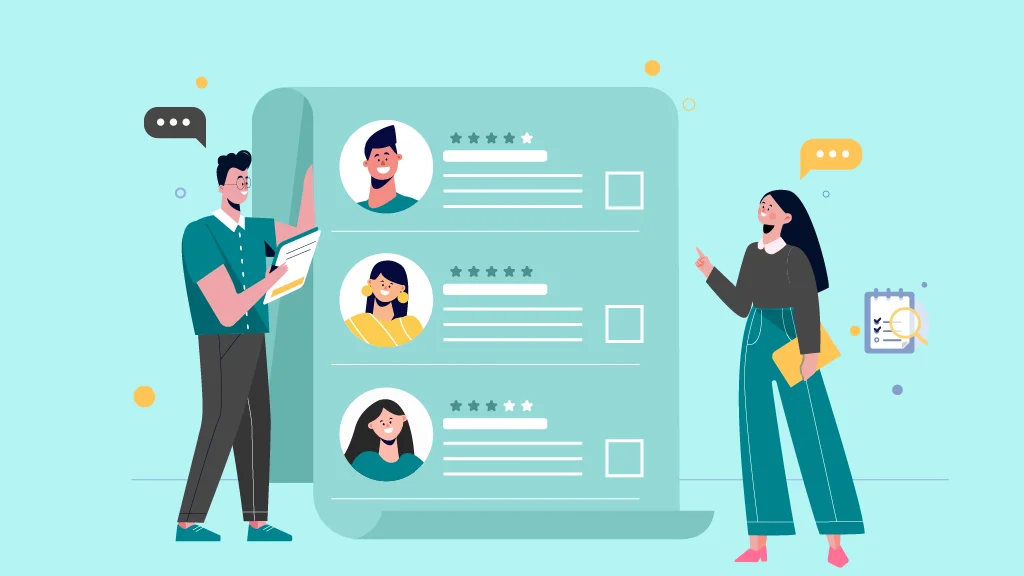Blog
12 Essential Workplace Etiquettes for an AI-First Employee Engagement

Team AdvantageClub.ai
October 22, 2025

Table of Contents
Join our community
Workplace etiquette isn’t just about saying “please” and “thank you” anymore. How we treat each other, with respect, fairness, and empathy, describes what is workplace etiquettes. This is especially useful when much of our communication and collaboration happens online or across tools.
As HR professionals, we now have the tech and the responsibility to build spaces where every voice matters and everyone has room to grow. These new norms don’t replace human connection; they enhance it. With the right approach and having good manners in office becomes a daily practice that strengthens engagement, trust, and belonging.
Essential Etiquettes for the Workplace
Let’s walk through 12 work etiquette essentials that go beyond surface-level politeness and speak to the heart of how strong, connected teams operate.
1. Recognize Contributions and Inclusion
Creating a truly fair environment starts with helping people feel seen. Whether someone quietly handled a tough task or led a team win, recognition builds connection—and motivation.
- Use your engagement platform to make this easy: track achievements and highlight them in real time, so no win goes unnoticed.
- Simple gestures also matter: address colleagues by the names and pronouns they prefer—it shows respect at the most basic level.
- Celebrate small victories often. A kind word in a team chat, shoutout during a meeting, or team celebrations with office fun games can go a long way.
2. Foster Transparent and Respectful Communication
Most workplace obstacles stem from poor communication. Things get messy fast when we don’t speak with clarity and care.
- Respectful communication here means being open, direct, and kind. Take advantage of built-in features in communication tools that help keep messages clear and respectful by offering gentle nudges around tone and language.
- Encourage your team to ask questions freely—there’s no shame in needing clarity. In fact, building employee connections creates an authentic workplace.
- Whether in person or virtually, make space for real conversations. You don’t need to solve everything in one chat—just show you’re listening.
3. Manage Meetings for Fairness
Meetings can either bring teams together—or leave people feeling overlooked. The key is fairness.
- One simple way to share power is to rotate who leads. Giving everyone a turn at facilitating ensures more voices are heard.
- Use tools like speaker queues or hand-raise features to avoid dominance by the loudest voice.
- And always send out an agenda beforehand. It gives people time to gather their thoughts, especially those who may be less inclined to speak up on the fly.
4. Respect Both Digital and Physical Workspaces
It doesn’t matter if you’re remote, hybrid, or in-office; our shared spaces deserve care.
- Keep your desk tidy and shared spaces organized.
- Put files back where they belong and return borrowed equipment on time. These small actions build trust.
- Work etiquette isn’t just about behavior in the break room—it includes the digital spaces we all rely on. Treat them with the same respect.
5. Maintain Privacy and Security
Privacy isn’t just an IT issue—it’s a people issue. Good etiquette means handling information with care.
- Before sending a file or screenshot to a team channel, pause. Is it okay to share? Should it be more private?
- Most platforms have privacy settings—use them when discussing sensitive projects or personal topics.
- And if you see someone crossing a boundary, offer a gentle reminder. It’s not about policing, it’s about creating a culture of mutual respect.
6. Honor Everyone’s Time
How we manage each other’s time shows how much we value one another.
- Start with the basics: don’t book meetings that only work for a select few. Be considerate of time zones and workloads.
- Lean on systems that send reminders to reduce delays—and set a norm that meetings begin when scheduled, not 5 minutes late.
- Being on time and prepared is one of the simplest, strongest signs of professional respect.
7. Avoid Digital Distractions
Multitasking may feel productive, but it often just leaves us half-present. In a world of constant pings, digital etiquette matters more than ever.
- Silence notifications during meetings. Close tabs when someone’s speaking. And if you’re in a one-on-one, put the phone away.
- Use “Do Not Disturb” or focus modes when you need deep work time—and let teammates know so they can support your flow.
8. Encourage Constructive Feedback
Feedback shouldn’t be scary—it should be a normal, healthy part of working together.
- Encourage honest input by offering anonymous feedback options where people feel safe to speak up.
- Make the most of tech solutions that flag negative trends in communication, helping teams shift tone before things escalate.
- Handle disagreements with care. Focus on the issue, not the person.
9. Blend Professionalism with Empathy
The best teams know how to stay professional while still being human.
- Use kind, empathetic language. A simple “Hey, how are you really doing?” can mean a lot.
- Notice when someone’s struggling. Offer help, whether it’s an extended deadline or a quiet space to regroup.
- Recognize day-to-day achievements, don’t forget the little celebrations—birthdays, work anniversaries, or personal wins. These small acts bring heart to the workplace.
10. Respect Virtual Meeting Norms
Just because a meeting happens online doesn’t mean etiquette goes out the window. Across departments and time zones, good office rules can bridge more than just physical gaps.
- Show up as you would in person—at least from the waist up. Dress professionally, be on time, and stay present.
- Mute yourself when not speaking. Use your camera when it helps the connection. And choose a clean, calm background.
- A polished virtual presence shows that you value your team’s time and energy—even from afar.
11. Ensure Equitable Access to Tools and Resources
Fairness isn’t just about how we treat people—it’s also about what we equip them with.
- Ensure that everyone is familiar with the platforms and tools your company relies on. Not everyone learns tech the same way.
- Offer training regularly, not just during onboarding. And keep an eye out for accessibility barriers, both digital and physical.
- It’s not just about equal opportunity—it’s about equipping employees with equal ability to thrive.
12. Build Trust Through Accountability
Follow-through is one of the most powerful professional habits.
- Use project tracking tools to keep deadlines transparent. Set up reminders to follow through on team tasks.
- Honour efforts as they happen, but when they’re missed, be curious, not critical. Ask what needs to change and how the team can help.
- Accountability isn’t about blame—it’s about building trust, one commitment at a time.
Elevating Etiquette for a Modern Workplace
Workplace etiquette in the AI era is all about showing care, respect, and integrity in every interaction. These small, daily choices shape the kind of culture people want to be a part of.
As HR leaders, we can model these values and support them with the right tools. AI Agentic engagement platforms, when used thoughtfully, help teams practice fairness and empathy with ease—describing the purpose of the rules of etiquette turns them into consistent behavior.
Solutions like AdvantageClub.ai help integrate these values right into your workflows. With the right systems in place, work etiquette becomes effortless—and a more inclusive, engaged workplace becomes your new norm.





